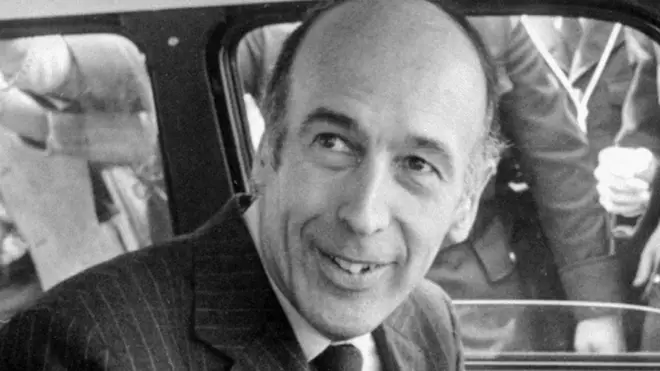
Ben Kentish 10pm - 1am
3 December 2020, 12:44

Germany’s Chancellor Angela Merkel was among those to honour the statesman.
Tributes have poured in for former French president Valery Giscard d’Estaing who has died aged 94.
Germany was quick to praise the convinced European who died after contracting coronavirus.
“France has lost a statesman, Germany a friend and all of us a great European,” German Chancellor Angela Merkel said in a tweet, via her spokesman.
President Emmanuel Macron praised Mr Giscard’s achievements at home and abroad of the man whose “seven-year term transformed France”.
“He allowed young people to vote from the age of 18, women to legally terminate unwanted pregnancies, divorce by mutual consent, got new rights for people with disabilities.”

But he also “worked for a stronger Europe, a more united Franco-German couple, and helped stabilise international political and economic life by founding the G7”.
France’s prime minister Jean Castex praised his leadership during the economic turbulence of the 1970s, during which he “significantly advanced the building of Europe and the international influence of France, whose history he marked”.
Known affectionately in France as simply by the initials VGE, his name sometimes too long to pronounce, Mr Giscard was president from 1974-1981.
He was the model of a modern French president, a conservative with liberal views on social issues.
He was full of contradictions.
Like an elected monarch with a technocrat’s skill and a feel for the zeitgeist, he played his accordion in working class neighbourhoods.
One Christmas morning, he invited four passing binmen to breakfast at the presidential palace.
He calmed a prison riot in Lyon by chatting with inmates in their cells.

But having long groomed himself for an office he won at 48, Mr Giscard then seemed to lose touch with common concerns.
When two newspapers reported he had accepted diamonds from self-proclaimed Central African Emperor Bokassa I, Mr Giscard airily refused comment and stopped reading them.
After French police arrested the man who had produced documents related to the scandal, the influential Le Monde commented: “France is no longer a democracy.”
Mr Giscard eventually countered the charges.
But by then a new election was approaching, and France wanted a change.
He lost to Francois Mitterrand in 1981, after just one term.